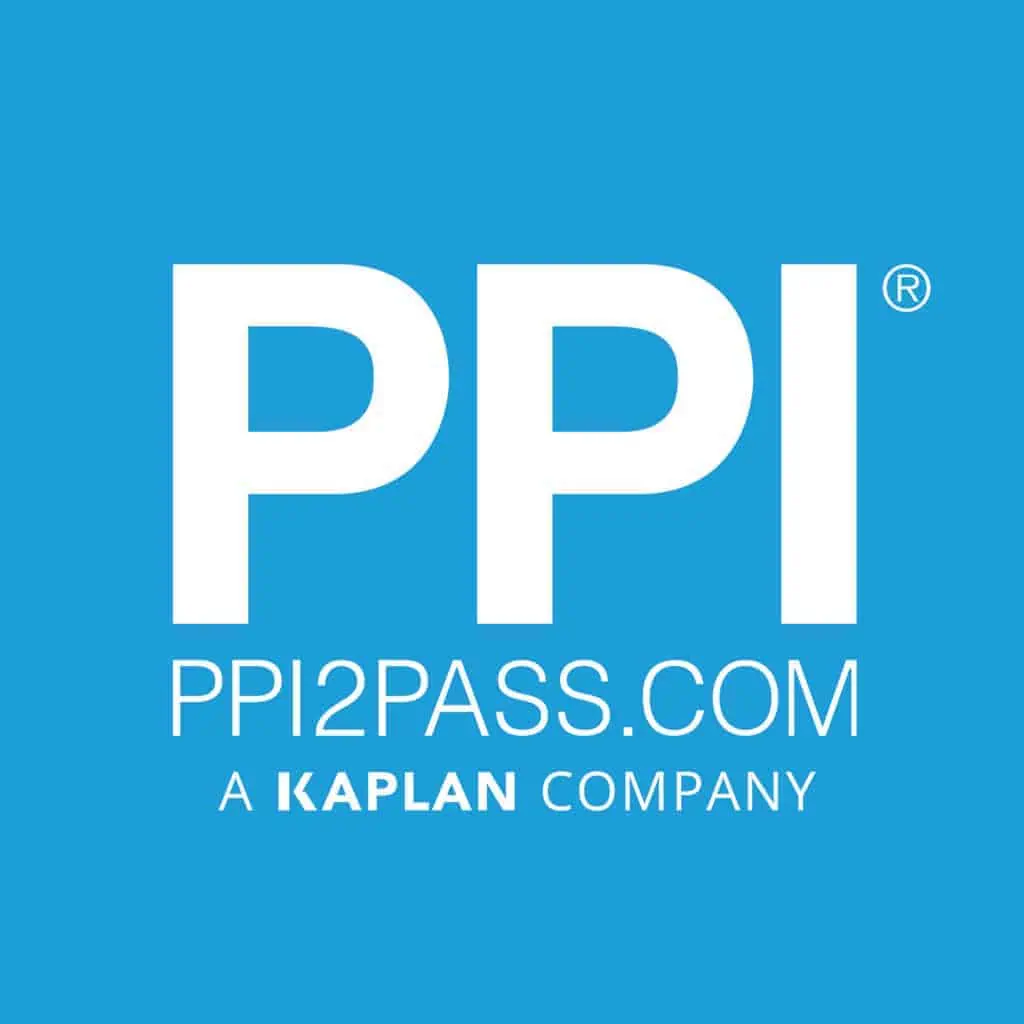In this article (and video above), I talk with April Woods, PE, LEED AP BD+C, Senior Vice President at WSP USA, about the crucial role that a Professional Engineering (PE) license plays in an engineering career.
Here Are Some of the Questions I Ask April:
- Could you describe your work experience in mechanical engineering and how it relates to your degree in architectural engineering?
- Working on Florida’s first all-electric hospital sounds exciting; what makes this project unique?
- Would you discuss the challenges you faced in getting your PE license and how you overcame them?
- Can you give real examples of how your PE license has helped you in your projects or daily work?
- Can you share a specific project where having your PE license made a significant impact?
Here Are Some Key Points Discussed in This Episode:
[Read more…] about Why You NEED a PE License for Engineering Career Success!




 Kline Engineering & Consulting, LLC. Mr. Kline graduated from UVA with a B.S. in aerospace engineering, and he earned his M.S. in civil/structural engineering from VA Tech in 1989. Early in his career, Mr. Kline worked in a mid-size structural engineering office for Haynes Whaley Associates (now IMEG). He spent 17 years working in a variety of roles at VSL (international leader in post-tensioning and related engineering). During his tenure at VSL, Mr. Kline worked in engineering and business development, and he eventually became VSL’s business lead for the eastern part of the USA.
Kline Engineering & Consulting, LLC. Mr. Kline graduated from UVA with a B.S. in aerospace engineering, and he earned his M.S. in civil/structural engineering from VA Tech in 1989. Early in his career, Mr. Kline worked in a mid-size structural engineering office for Haynes Whaley Associates (now IMEG). He spent 17 years working in a variety of roles at VSL (international leader in post-tensioning and related engineering). During his tenure at VSL, Mr. Kline worked in engineering and business development, and he eventually became VSL’s business lead for the eastern part of the USA.


